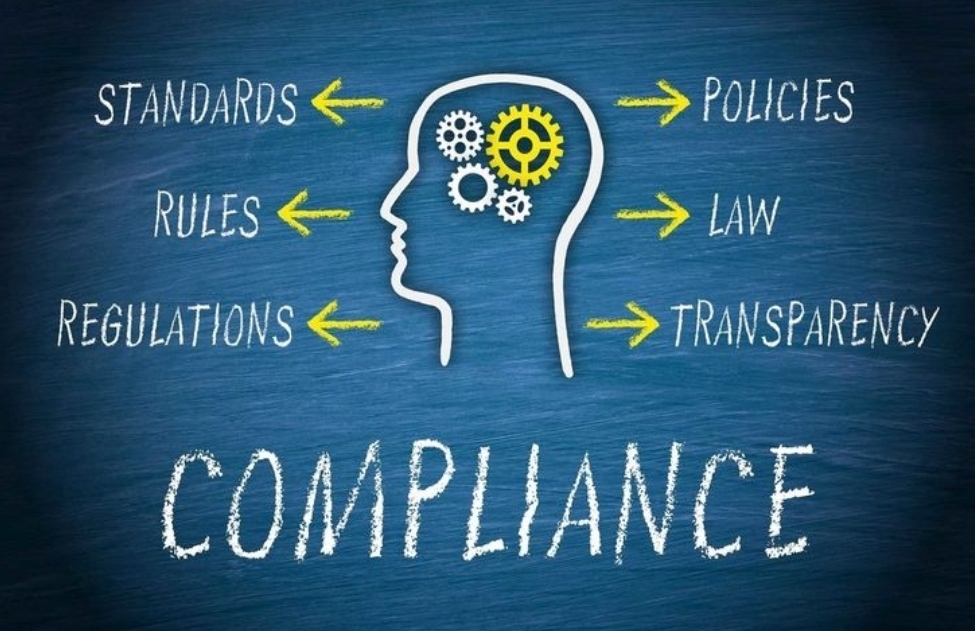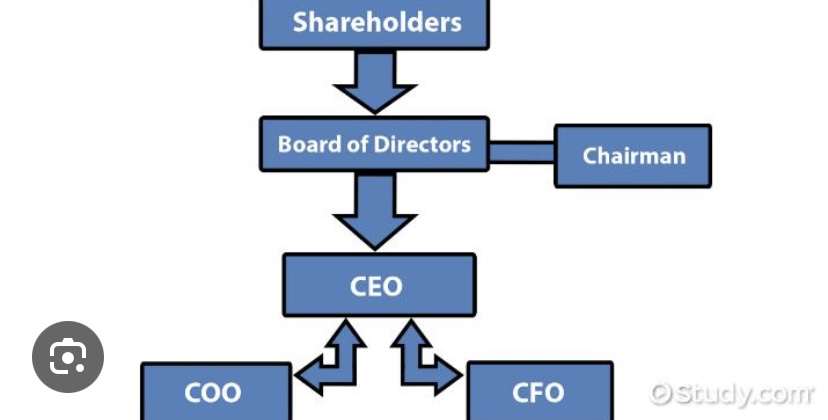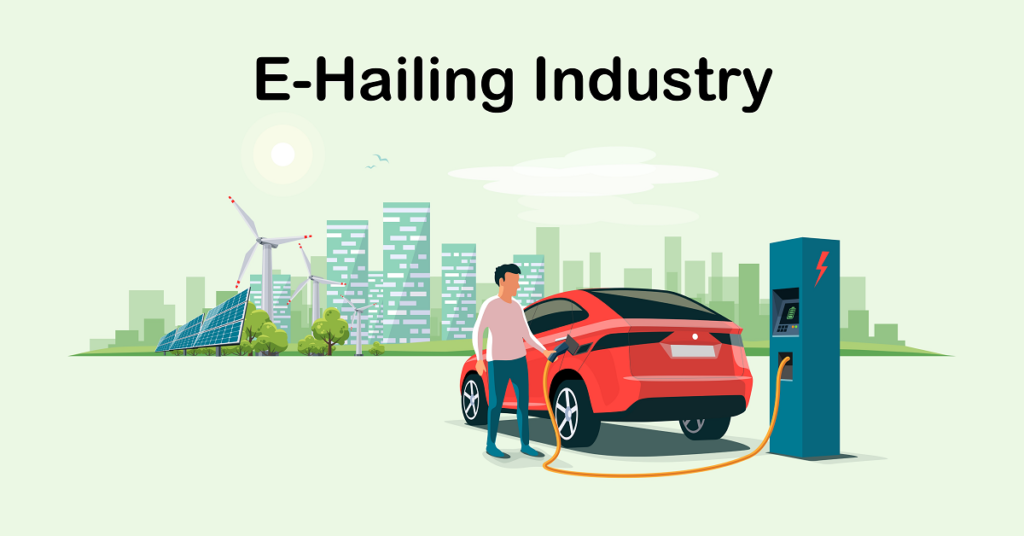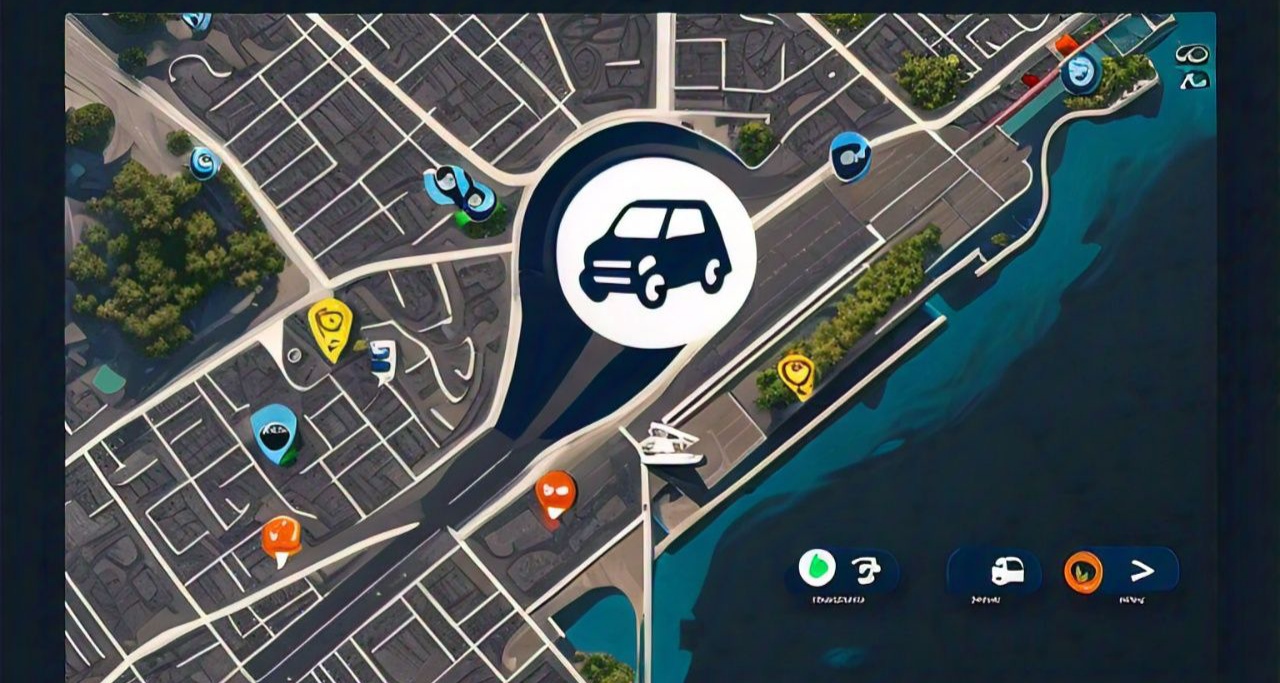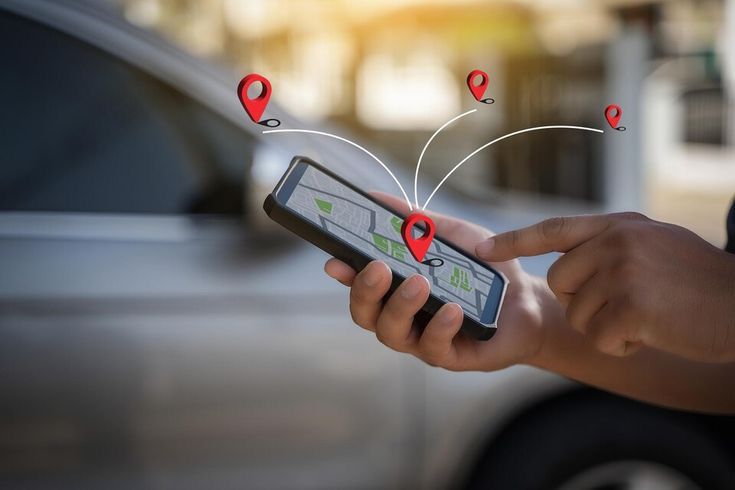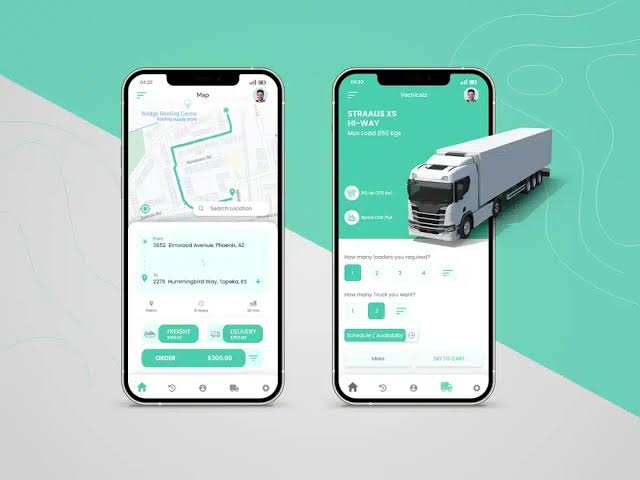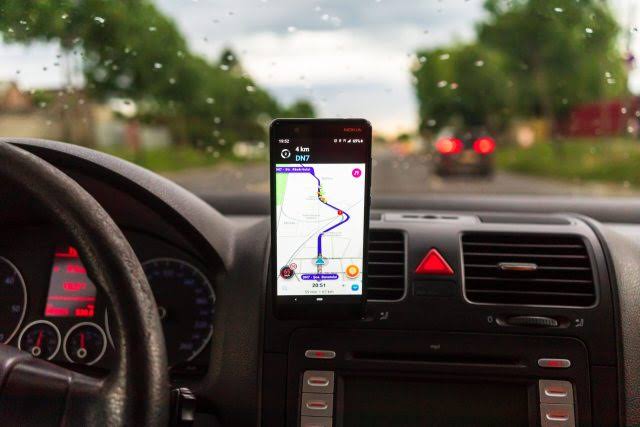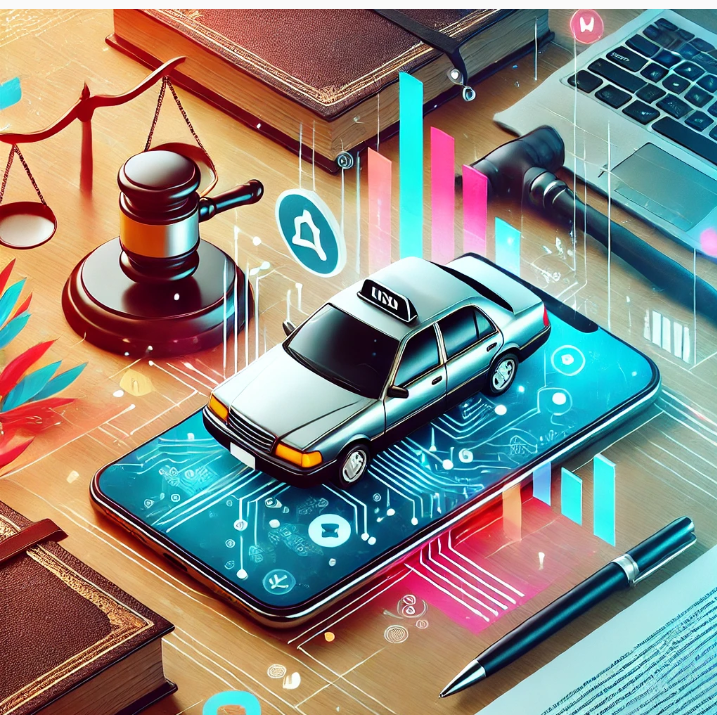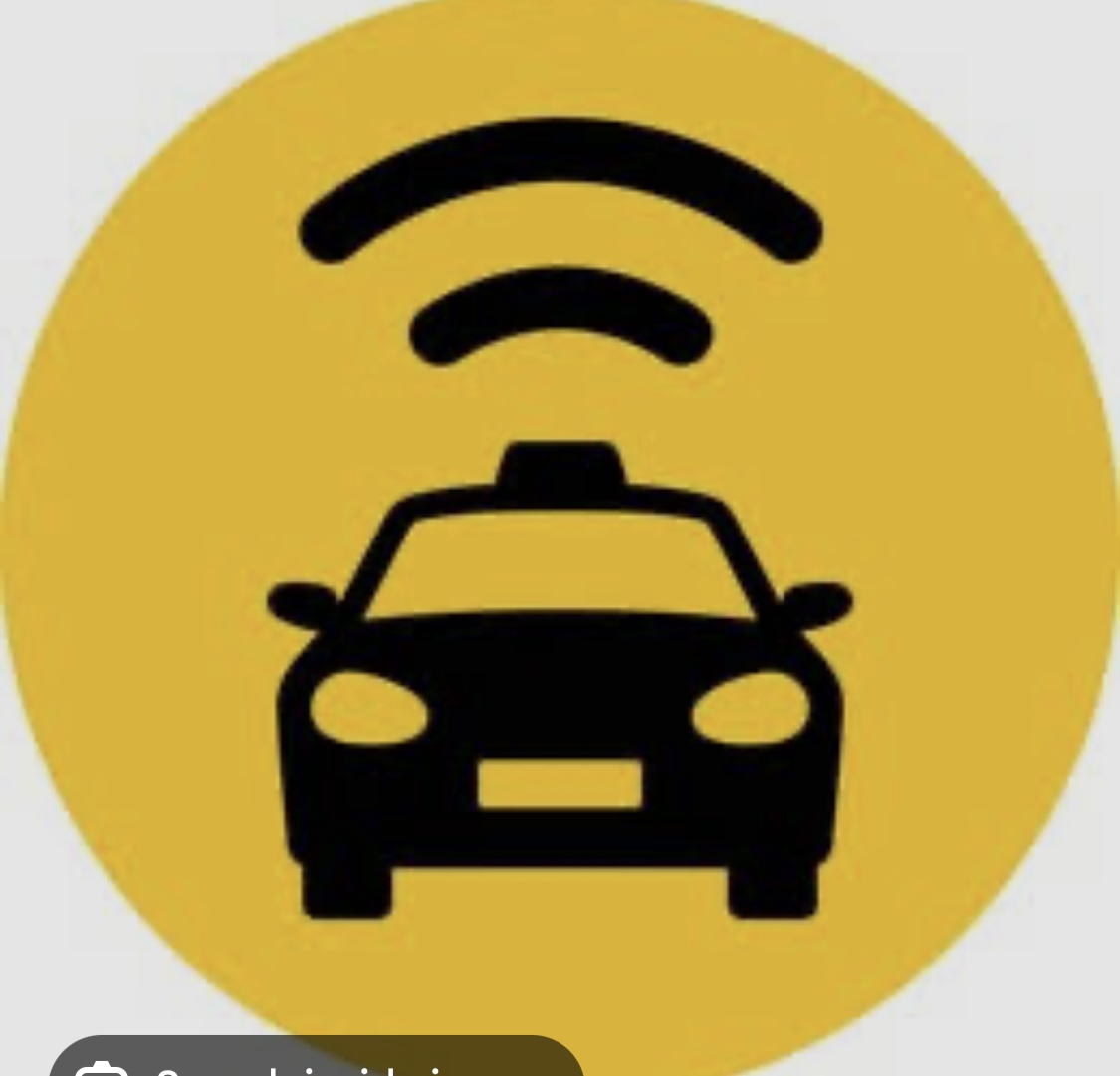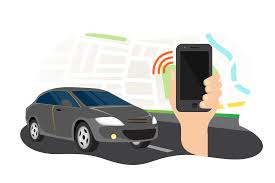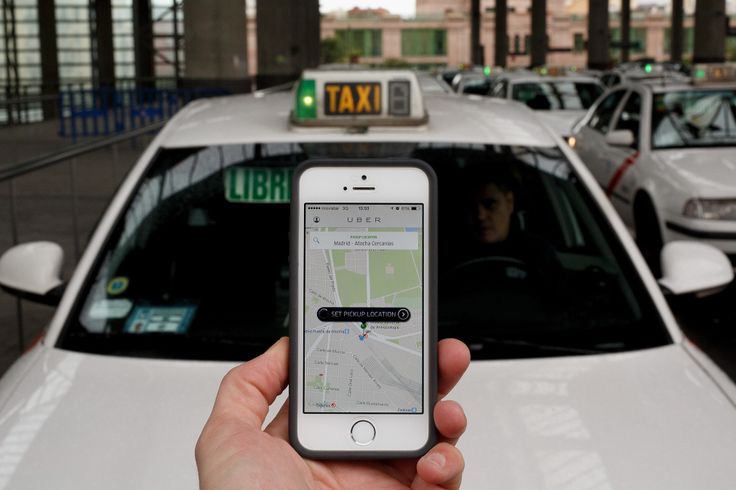
HYPOTHETICAL SCENERIO
A group of entrepreneurs in Nigeria plan to start a new ride hailing technology startup. They have developed a mobile app that connects passengers with drivers for transportation services. They are ready to register the startup and launch their platform. They have approached you and sought your legal advice on how they can successfully achieve their objective. Advise them appropriately.
PROSPECTS OF LAUNCHING AN E-HAILING TECH STARTUP IN NIGERIA
The uncertainties that clouded the start up industry in Nigeria for years has been resolved by the enactment of the Nigeria Start up Act 2022 which has simplified the registration process for start ups in Nigeria.
The Nigerian e-hailing service is majorly dominated by Bolt, Uber and Lagride in Lagos State. However, there is the need for other tech savvy Nigerians and businessmen to delve into the e-hailing industry. Before venturing into the industry, a prospective investor needs to keep himself abreast of the following:
1. Suitable Business Structure:
The most appropriate business structure for a tech startup like an e-hailing service would typically be a Private Limited Liability Company. We have the public limited liability company and the private limited liability company. However, the global trend for tech companies is to start out as a private limited liability company reason being that tech is such a niche industry, the founders need to run the vision of that project. When such company is publicly owned ,it exposes the goals to so many ideas from all and sundry which may not be helpful at the early stage of the start-up of the company. The private limited liability company is also the most appropriate business structure for a tech startup because of the following advantages:
i. Liability Protection: An LLC provides personal liability protection for founders and investors, which is essential for a startup with potential regulatory and operational risks.
ii. Flexibility in Ownership: An LLC allows for flexible ownership structures, enabling you to attract investors and talent.
iii. Tax Efficiency: LLCs are pass-through entities, meaning profits are only taxed at the individual level, avoiding double taxation.
iv. Regulatory Compliance: An LLC is a recognized business structure in Nigeria, making it easier to comply with regulatory requirements.
v. Scalability: An LLC can easily adapt to growth and expansion, making it an ideal choice for a startup with high growth potential.
vi. Access to Funding: An LLC is more attractive to investors, as it provides a clear structure for equity distribution and ownership.
2. Legal Requirements and Regulations:
The legal requirements for an e hailing start up in Nigeria are:
a) Registering with the Corporate Affairs Commission (CAC): This includes picking a unique business name, preparing the company's Memorandum and Articles of Association, and providing required details such as the directors and shareholders.
b) Tax Registration: The following tax registrations need to be completed upon incorporation by an e hailing tech startup:
i. Federal Inland Revenue Service (FIRS) Registration: After incorporation, the company must register with the Federal Inland Revenue Service (FIRS) to obtain a Tax Identification Number (TIN), which is required for all tax-related matters.
ii. VAT Registration: Since the company will likely be involved in providing services to customers, they must register for VAT, which is charged on services and products at the rate of 7.5%.
iii. State Inland news Revenue Service Registration: The company must register with the State Internal Revenue Service (LIRS) to manage the Pay As You Earn (PAYE) tax system by deducting income taxes from employees' salaries to the state.
c) National Information Technology Development Agency (NITDA): Since this is a tech startup, compliance with data protection laws such as the Nigeria Data Protection Regulation (NDPR) is crucial. As a ride hailing technology start-up, it will be in possession and control of data and information of a lot of people. As a result, there are important data privacy regulations to comply with. They will have to account for how they report and manage data as major data controllers.
d) Another pertinent legal requirement is the employee model of the ride hailing tech start up. Are they contracting with independent contractors or do they hire their staff? The drivers do not necessarily have to be employees of the company and as such they will not be allowed to get benefits that come with a contract of employment such as requesting for leave. The independent contractors are only running off a contract. Where the employee model is one to hire staff, it is vital to provide the employee handbook, staff policy and also look into contracts that protect the company and limits or extinguishes vicarious liability.
3. Protecting Intellectual Property:
An new ride e-hailing technology startup should protect its intellectual property (IP) through the following measures:
i. Trademarks: The startup should register its brand name, logo, slogan and app name with the Nigerian Trademarks Registry to prevent others from using similar branding and to protect its identity.
ii. Patents: If the app or its underlying technology is unique or a proprietary invention, the startup should consider applying for a patent to protect its innovation. This is to ensure exclusive use of the revolutionary invention for a period of time.
iii. Copyright: The app's code, design, and any other original content should be protected under copyright laws. Registration with the Nigerian Copyright Commission (NCC) is advisable. In Nigeria, you can register trademarks and patents with the Federal Ministry of Industry, Trade and Investment's Trademarks, Patents and Designs Registry. Copyright protection is automatic, but registration with the Nigerian Copyright Commission provides additional benefits.
iv. Non-Disclosure Agreements (NDAs): Draft NDAs for employees, developers, and partners to protect proprietary information and trade secrets. Have employees, contractors, and partners sign NDAs to maintain confidentiality of sensitive information.
v. IP Assignment: intellectual property law is quite technical and it states that the author of an application is the owner. As the business owner it is advisable to put in the agreement what is classified as ‘work for hire’ that basically means that the app builder is just a vendor and only providing the service and after the app is concluded, the IP lies in the business owner.
4. Potential Challenges and Risks:
i. Regulatory Uncertainty - the Nigerian government and the Nigerian economic business plan is very volatile and it depends on the whim of the federal government to decide to make policies that can adversely affect the operation of ride e-hailing tech services in Nigeria. examples include the increase in VAT from 5% to 7.5% and the tax on electronic transfers more than ten thousand Naira. Such unilateral and strange decisions that the government makes can affect the direction of a business adversely. Another illustration is the increase in electricity tariffs that affects the cost of running a business for these e-hailing tech companies that need constant electricity to function.
ii. Competing with the existing giants- The existing giants in the industry include Uber, Bolt, Indrive and Lagride in Lagos. These companies are presently dominating the e-hailing ride sector and it may be quite challenging for a new start-up to break into the stronghold these companies have in Nigeria.
iii. Compliance with Local Transport Laws: Each state has it’s unique and distinct transport laws . In Lagos state, drivers have to renew their licenses every year while in some states it should be done every three years.
iv. Technological threat like data breach, data security etc: There are lots of breaches and threats from hackers and this is as a result of the underdeveloped technological landscape of the country. An e-hailing business has to spend a lot of money and constant efforts on cybersecurity and getting such in Nigeria is difficult and most times these companies have to outsource it from foreigners to make the cybersecurity up to standard and the low value of the currency can make it extremely expensive.
5. Necessary Licenses and Permits:
i. State-Specific Permits: Each state has its own requirements for operating e-hailing services. For instance, Lagos State requires an annual operating license and vehicle road-worthiness certifications.
ii. Driver's Licenses and Vehicle Documentation: All drivers operating under the platform must have valid driver's licenses, and their vehicles must be properly insured, inspected, and registered.
iii. Insurance: The startup will likely need to have a general liability insurance policy to cover accidents, property damage, and other potential liabilities related to the e-hailing service.
In conclusion, launching an e-hailing tech startup in Nigeria presents significant opportunities in a market largely dominated by a few key players. However, it is not without its legal and regulatory challenges. The introduction of the Nigeria Startup Act 2022 has simplified the process, making it more attractive for tech-savvy entrepreneurs to enter the industry. To ensure success, prospective investors must carefully navigate the legal landscape, including choosing an appropriate business structure, complying with tax obligations, securing intellectual property rights, and adhering to state-specific licenses and permits. By taking proactive steps to meet these legal requirements and protect their business interests, entrepreneurs can position their startups for long-term growth and sustainability in Nigeria’s evolving e-hailing sector.











